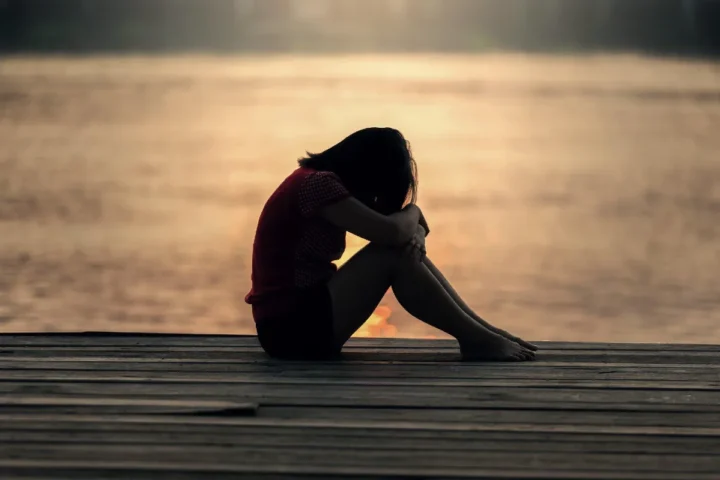The Impact of Grief on the Body: What Happens When You Grieve
Grief is a universal experience that touches everyone at some point in their lives. But did you know that the impact of grief on the body can affect you in more ways than just emotionally?
Recent studies suggest that grief can lead to a range of physical symptoms, from fatigue to changes in your immune system. Whether it’s the passing of a loved one, a divorce, or any significant loss, understanding how grief manifests in your body can be an essential part of the healing process. Keep on reading to learn more.
Understanding Grief and Its Effects

Grief arises in many forms and can significantly alter not just your emotional state but your physical wellbeing too. Experiencing grief triggers a cascade of emotional reactions that often lead to physical symptoms. This is because emotions like sadness and despair can create stress, which in turn, can affect your overall health.
Common Physical Symptoms of Grief
It is crucial to recognize the signs of grief to better manage its impact. Some physical symptoms include:
- Fatigue
- Stress
- Changes in Appetite
- Immune Response Changes
- Sleep Disturbances
Each of these symptoms may vary in intensity and duration based on individual circumstances. For example, someone grieving a recent loss may experience intense fatigue and stress, while someone further along in the grieving process may find these symptoms have lessened in time.
How Grief Affects Emotional Health
The emotional burden of grief can be heavy. It’s not just sadness; it can encompass anger, confusion, and even guilt. These feelings can sometimes lead to withdrawal from social interactions, impacting relationships with those who want to support you. Understanding this emotional toll is equally significant to come to terms with the physical effects.
The Healing Process
Healing from grief is an individual journey, and it’s essential to realize that there is no right or wrong way to grieve. Here are some strategies that can help facilitate healing:
Seek Support
Talk to friends or join a support group. Sharing your story can help you feel less alone. Being around others who care makes things a little easier.
Practice Self-Care
Take care of your body and mind. Try light exercise, yoga, or quiet time to relax. These things can help you feel better.
Talk About It
Speak about your feelings with someone you trust. Letting it out can ease the pain. You don’t have to keep it all inside.
Professional Help
It’s okay to ask for help. A counselor or therapist can guide you. They are trained to help people through tough times.
Recognizing the physical symptoms of grief on the body and taking proactive steps can make a significant difference in how you cope. Make sure to consult an expert to learn what needs to be done.
Embracing the Journey Towards Healing
Grief is part of life. It can also affect your body. Knowing this can help you heal. It’s normal to feel many things when you’re grieving. You might feel tired, sad, or even sick. That’s okay.
Taking care of yourself is important. Talking to someone can also help. Healing takes time, and everyone’s path is different.
For more related topics, check out the rest of our blog!


